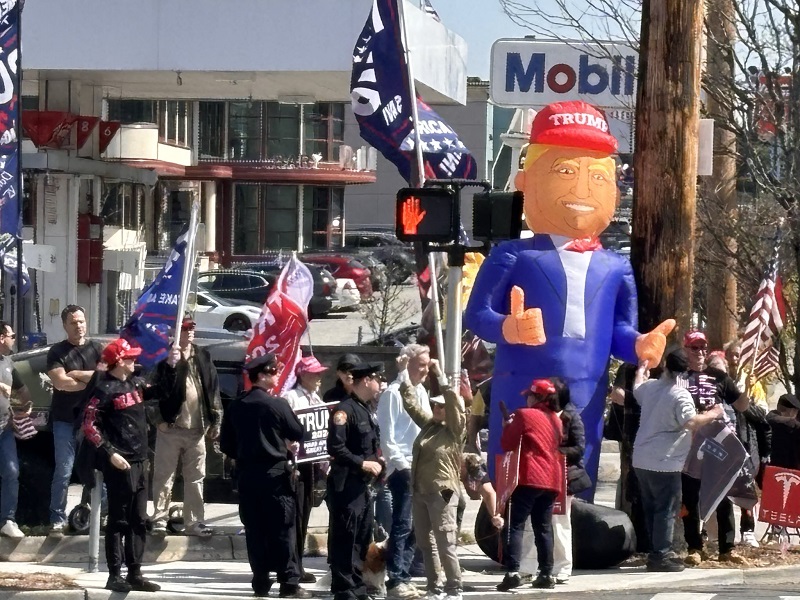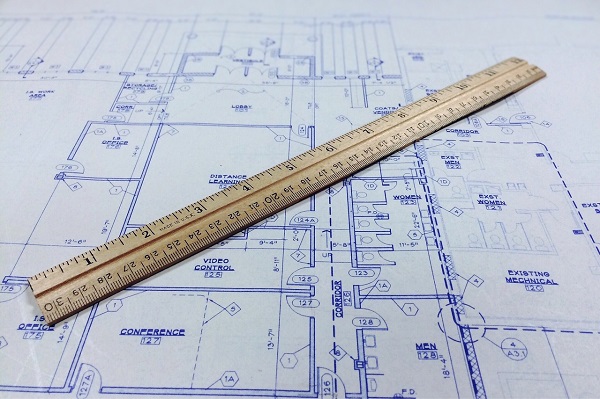I have a new column this week on OnlySky. It’s about the philosophical problem of how we can warn the distant future about long-lived hazards we’re creating today.
In 2011, I saw a documentary called Into Eternity, about the Finnish government’s plan to dispose of high-level nuclear waste. They’re digging a deep subterranean vault, named Onkalo, where spent fuel rods and other radioactive material will be permanently interred.
Fourteen years after that documentary, and more than twenty years after the start of construction, Onkalo is ready to begin operations. The radioactive waste it’s meant to contain will be dangerous for 100,000 years, so it has to last at least that long. But geology is a known quantity. The bigger problem is what warning we should leave for our distant descendants, who may not remember why the repository was constructed, who may not speak our language, who may not even share our scientific view of the world. Is there any truly universal symbol for danger that transcends the idiosyncrasies of culture?
Read the excerpt below, then click through to see the full piece. This column is free to read, but paid members of OnlySky get some extra perks, like a subscriber-only newsletter:
We can’t depend on uninterrupted transmission of information over time. Memories fade, digital storage degrades, libraries burn, and stone carvings weather away to nothing. Civilizations collapse in war or disaster, and their knowledge can be lost with them. Over timescales of millennia, these are all very real possibilities.
The civilizations that come after us may not remember where the repository is or the reason it was constructed. If they dig into it, how can we warn them so they don’t accidentally irradiate themselves?
A language like Linear A, which is “only” thirty-five centuries old, is indecipherable. It’s likely that no written warning would still be comprehensible in ten thousand years—much less a hundred thousand. Even our basic symbology, like the red circle-and-slash or the yellow-and-black radiation trefoil, might mutate over time to the point of unrecognizability or be forgotten entirely.






